Last updated on April 11th, 2023 at 10:25 am
Essential fatty acid balance is another pillar of health. At this point, there is no need to fear fat; eating a nutrient-dense diet filled with various healthy fats is very important. Evidently, there are different therapeutic foods for essential fatty acid support and balance that you can incorporate into your everyday eating. I broke down the best fats and oils for cooking and baking here.
I love that real whole food all work together and that their different properties complement each other perfectly. So, eating a nutrient-rich diet is one of the best things you can do for your health and well-being.
Fats play numerous important roles in the body, including:
- Providing a source of energy.
- Acting as building blocks for cell membranes and hormones.
- Aiding in the absorption of fat-soluble vitamins A, D, E, and K.
- Allowing for the proper use of proteins.
- Serving as a protective lining for the organs of the body.
- Helping regulate energy by slowing the absorption of food.
- Increasing satiety.
- Making food taste good.
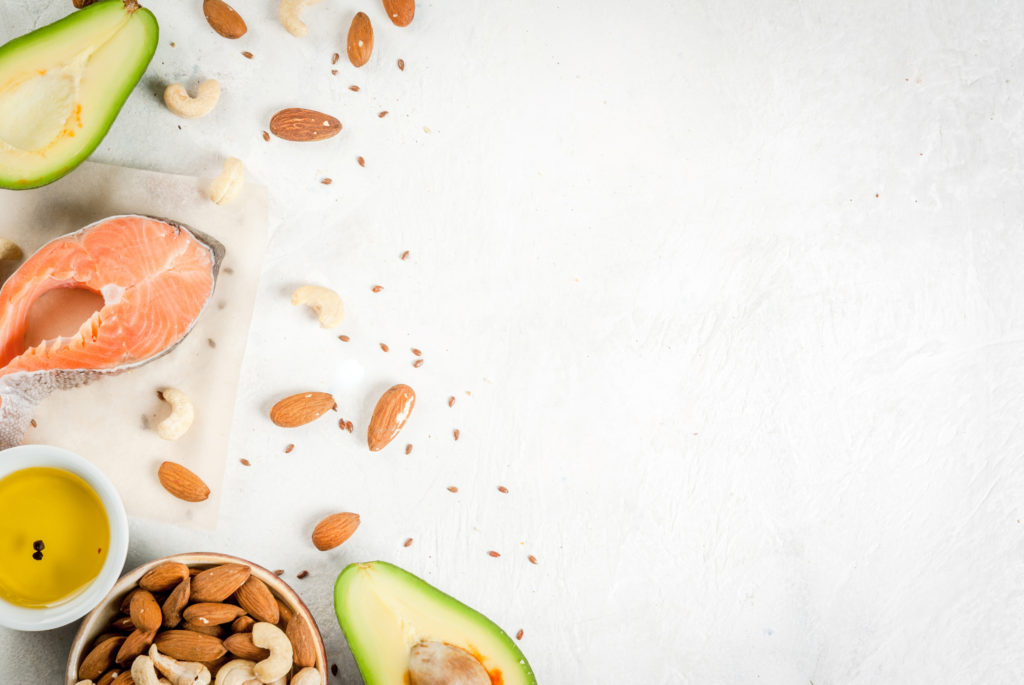
17 Therapeutic Foods for Essential Fatty Acid Support
Beets
Beets have high levels of folate and manganese that support gallbladder function. In general, a delicious way to incorporate extra beets into the diet is to: grate and mix a bit of beet with green apple, carrots, lemon juice, and a drizzle of olive oil. Also, beet kvass is a fabulous option.
Radishes
The sulfur-based chemicals in radishes help increase the flow of bile, and this helps to maintain a healthy gallbladder and liver function.
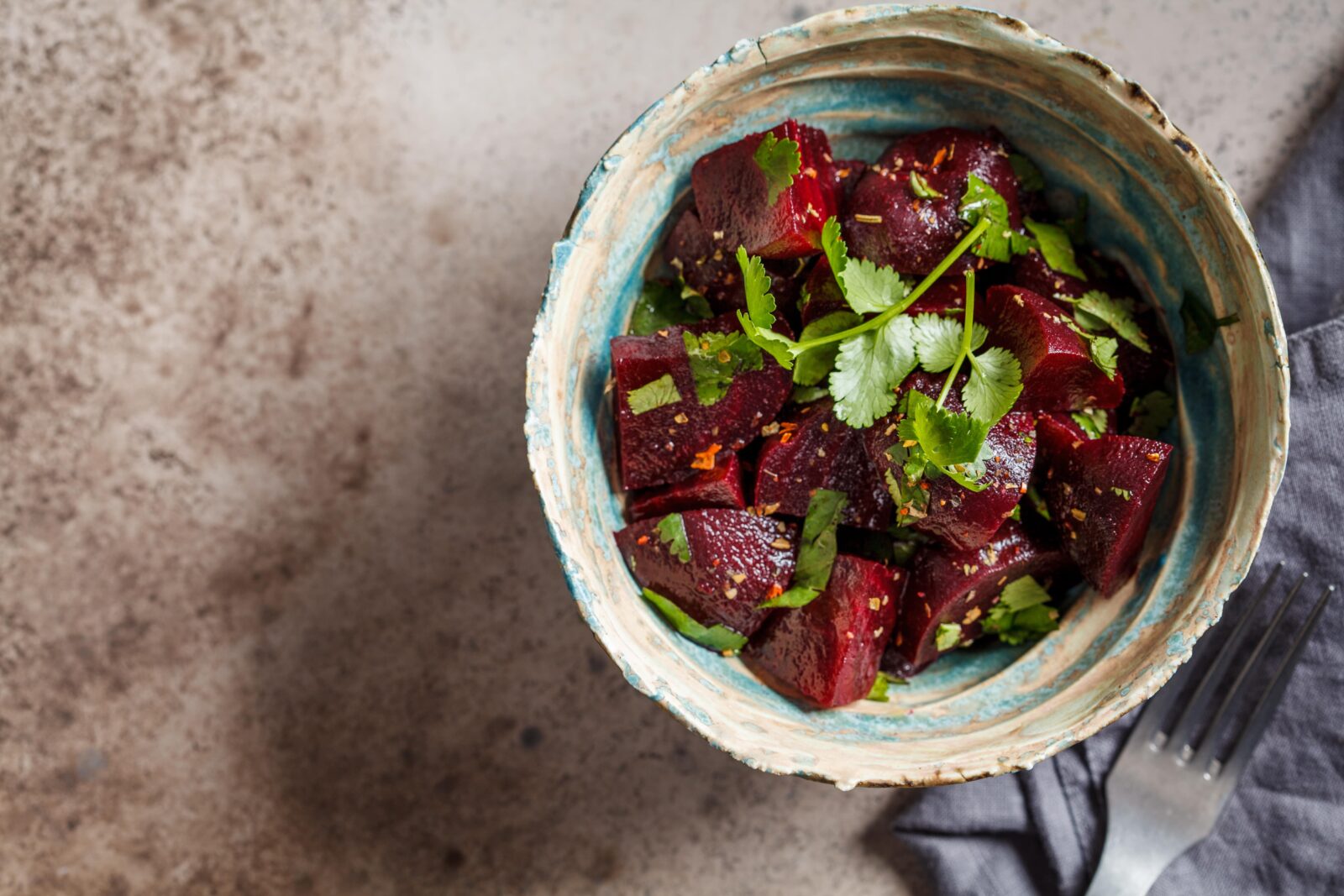
Dandelion
Dandelion enhances bile flow and improves liver congestion, bile duct inflammation, hepatitis, gallstones, and jaundice. Additionally, it directly affects the liver, causing an increase in bile production and flow to the gallbladder (choleretic effect). Therefore, it also directly affects the gallbladder, causing contraction and release of stored bile (cholagogues effect.) Now that you know how great dandelion is, a dandelion herbal infusion is an excellent place to start incorporating this powerful plant into your diet.
Artichoke
Artichoke helps to increase bile production. Bile flow increases by over 100% about thirty minutes after eating globe artichokes.
Coconut Oil
The digestive health advantages of medium-chain fatty acids (MCFA) over long-chain fatty acids (LCFA) are due to the differences in how our bodies metabolize these fats. Because the MCFA molecules are smaller, they require less energy and fewer enzymes to break them down for digestion. Therefore, they are digested and absorbed quickly and with minimal effort. Furthermore, MCFA is broken down almost immediately by saliva and gastric juice enzymes, so pancreatic fat-digesting enzymes are not essential. Summing up, there is less strain on the pancreas and digestive system.
Consequently, it has important implications for patients suffering from digestive and metabolic problems. Moreover, it also contains a high amount of lauric acid with antimicrobial properties. Furthermore, it has 49% lauric acid, 18% myristic acid, 8% palmitic acid, and 8% caprylic acid.
Lemons
Lemons are high in limonene, and they help in thinning the bile and enhancing overall digestion.

Lard
Lard is 40% saturated, 50% monounsaturated, and 10% polyunsaturated. Therefore, it should be considered a monounsaturated fat.
Almonds
Almonds and almond oil is a stable oleic-rich oil. As a result, the composition of almond oil is 7% palmitic acid, 61% oleic acid, and 30% linoleic acid.
*use almond oil very sparingly.
Avocado Oil
Avocado oil comprises 17% palmitic acid, 68% oleic acid, and 12% linoleic acid.
Flaxseed Oil
Flaxseed oil is very delicate due to its high alpha-linolenic acid content. Moreover, it contains 17% oleic acid, 14% linoleic acid, and 60% alpha-linolenic acid. Also, the lecithin content can increase biliary phospholipid levels and help with gallstones.
*use almond oil very sparingly.
Grass-Fed Butter
Grass-fed butter contains 12% myristic acid, 26% palmitic acid, 12% stearic acid, and 28% oleic acid.
Duck, Chicken, Goose & Turkey Fat
Poultry fat is a source of the antimicrobial fatty acid palmitoleic acid. Also, the percentage of palmitoleic acid depends on the bird’s diet. Altogether, saturated fat counts for less than 30% of the total fatty acids and monounsaturates around half.
Cod Liver Oil
Cod liver oil is made from the livers of soft-finned saltwater fish. It contains high levels of vitamins A and D and a good amount of vitamin E. Moreover, it also contains 22% oleic acid, 14% palmitic acid, 12% palmitoleic acid, and 12% gadoleic acid. All in all, I recommend Rosita Cod Liver Oil.
Tallow and Suet
This is rendered fat from cattle, sheep, or lamb. As a result, tallow contains 100% fat, and suet contains around 50% saturated, 40% monounsaturated, and 3-6% polyunsaturated). Also, with such a high percentage of palmitic acid (24-25%), stearic acid (22-25%) oleic acid (33-39%), they are very stable oils and ideal for cooking at high heat.
Olive Oil
Olive oil contains 71% oleic acid, 14% palmitic acid, and 10% linoleic acid. As a result, it is a delicate oil and is better used raw or for very low-heat sauteing.
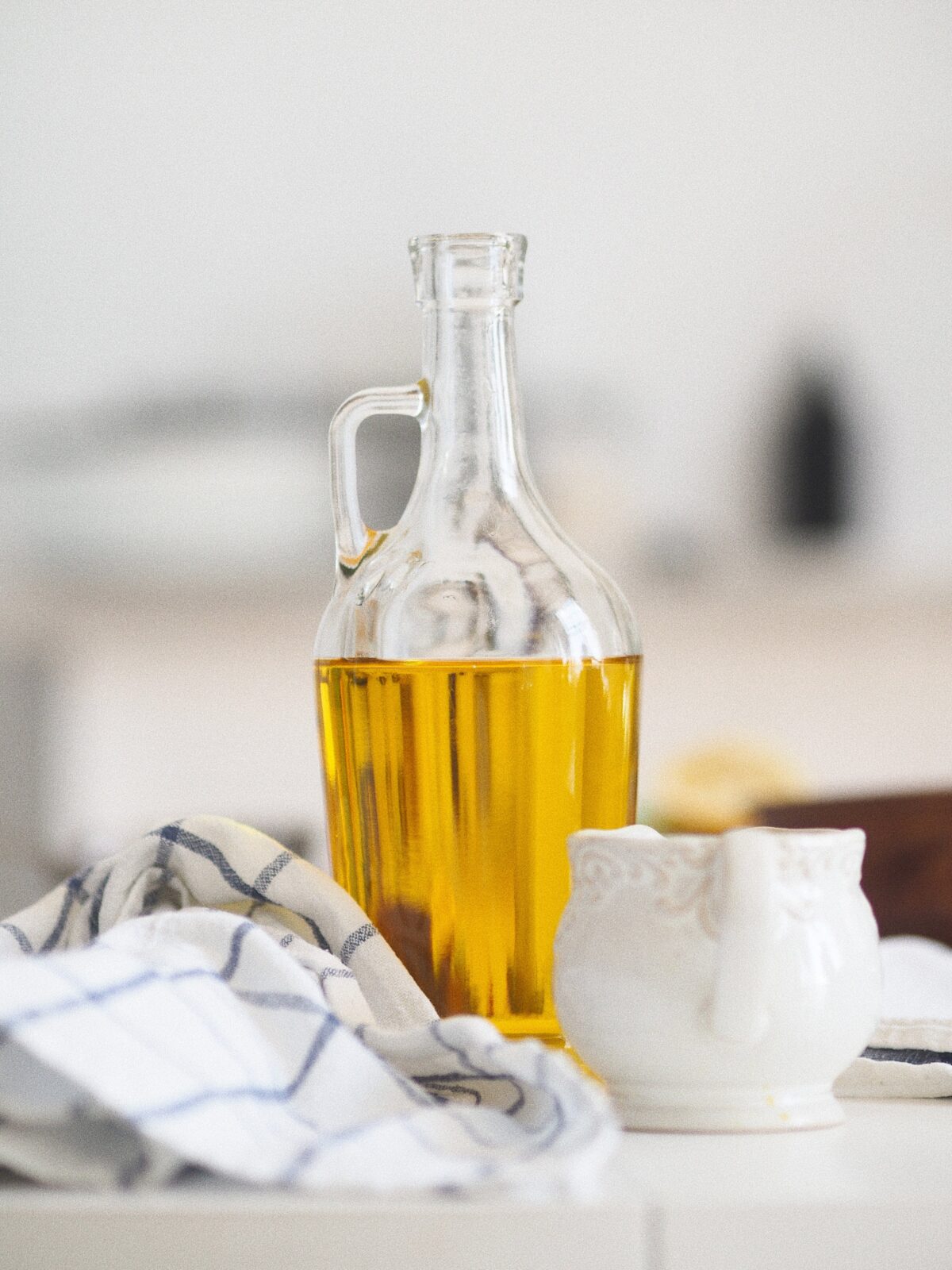
Palm Oil
Historically most people used palm oil for baking. Generally, it comprises 45% palmitic acid, 39% oleic acid, and 9% linoleic acid. Additionally, it also has a high concentration of β-carotene and tocotrienols.
Palm Kernel Oil
Palm kernel oil comes from the kernels of the palm fruit. Additionally, it is similar in look and composition to coconut oil and contains 50% lauric acid, 16% myristic acid, and 14% oleic acid.
I hope this list will be a helpful tool to show you how simple it can be to incorporate more nutrient-dense foods for fatty acid support into your diet.
Disclaimer: This post is not intended to provide medical advice, diagnosis, or treatment and is for educational purposes only.
To order practitioner and therapeutic-grade supplements, visit my Fullscript dispensary for an automatic 15% off all orders.
*****
To order bulk organic and sustainably harvested herbs and spices, visit Mountain Rose Herbs!
*****
For pantry staples at discounted prices, check out Thrive Market and save 40% off your first order!
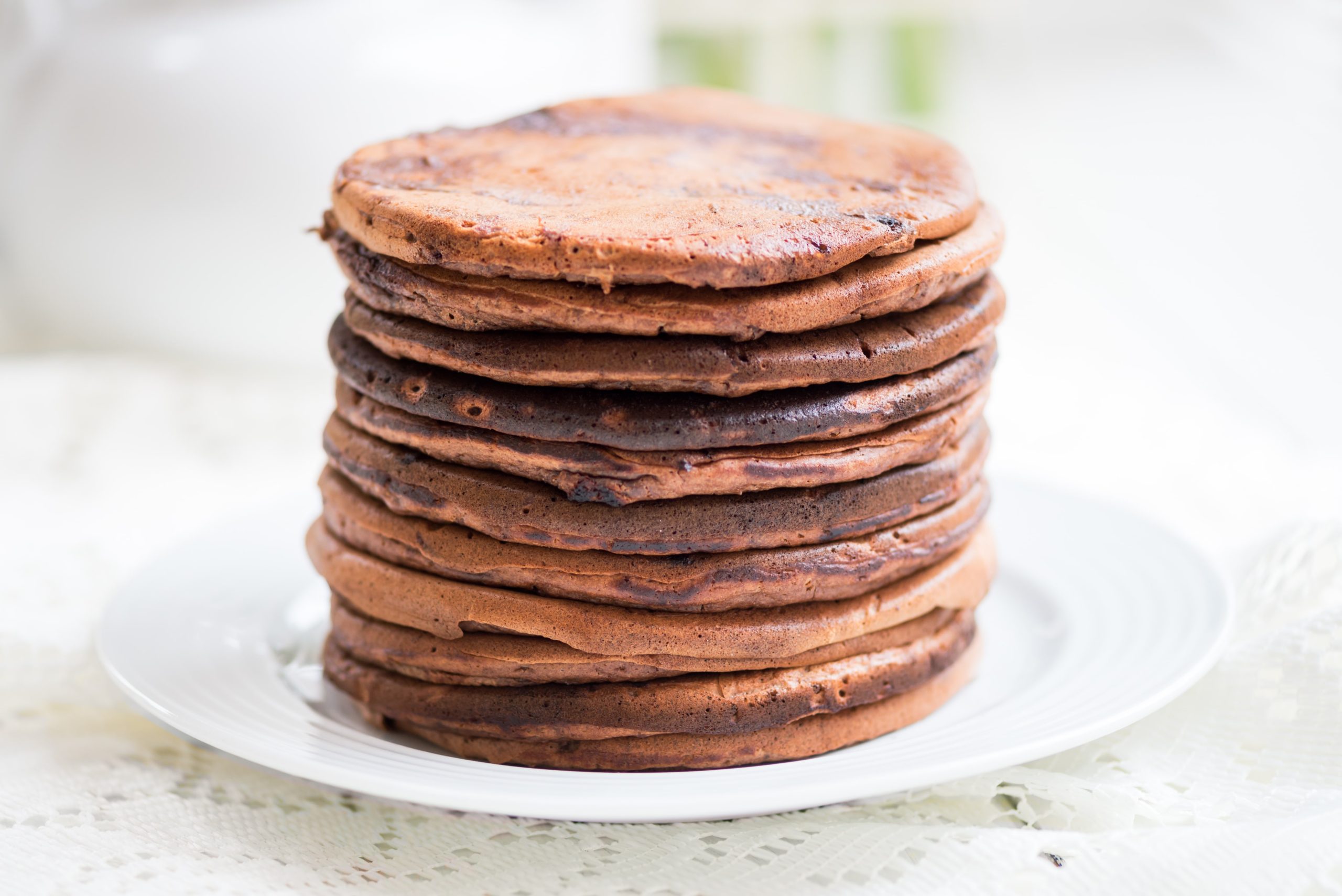

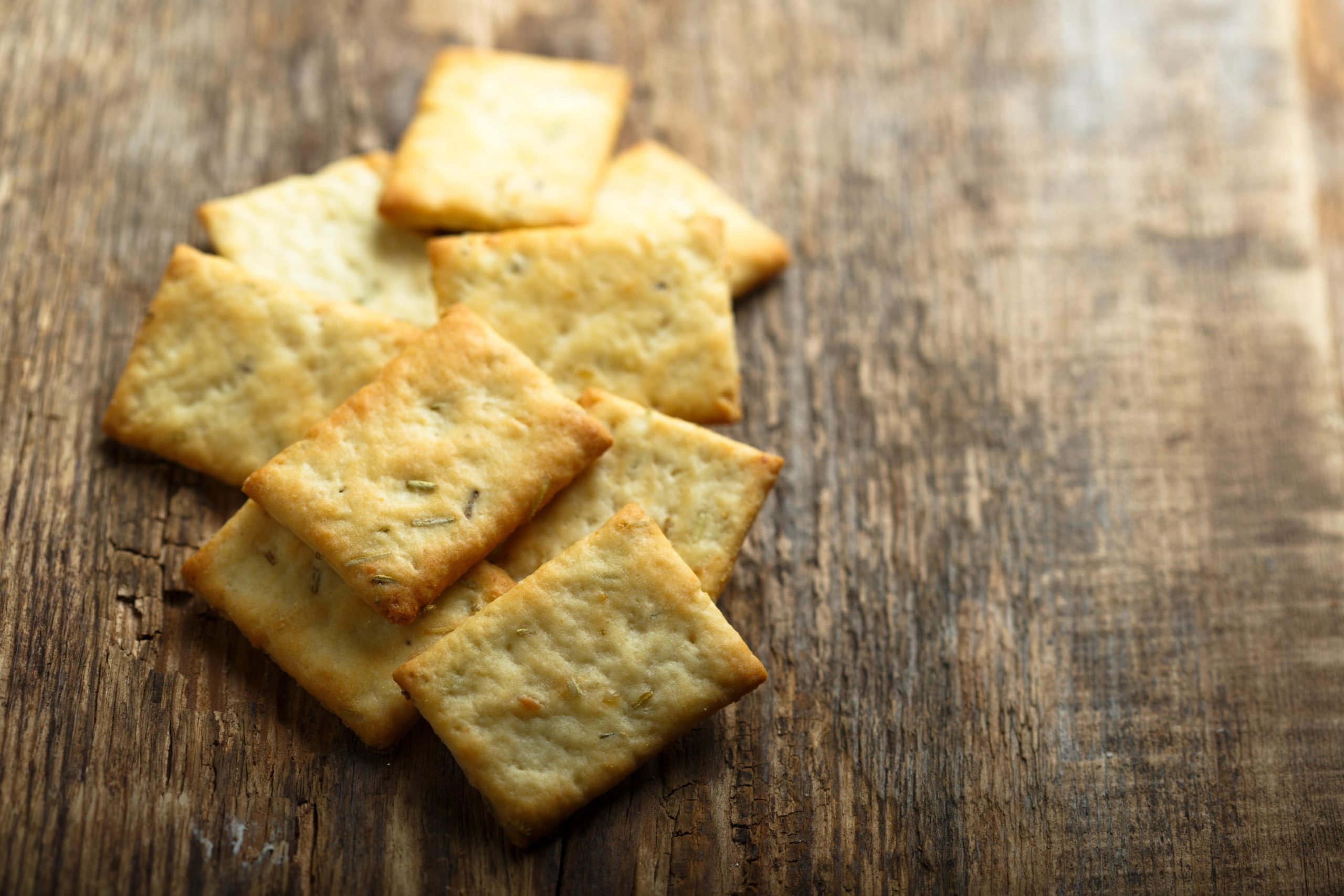
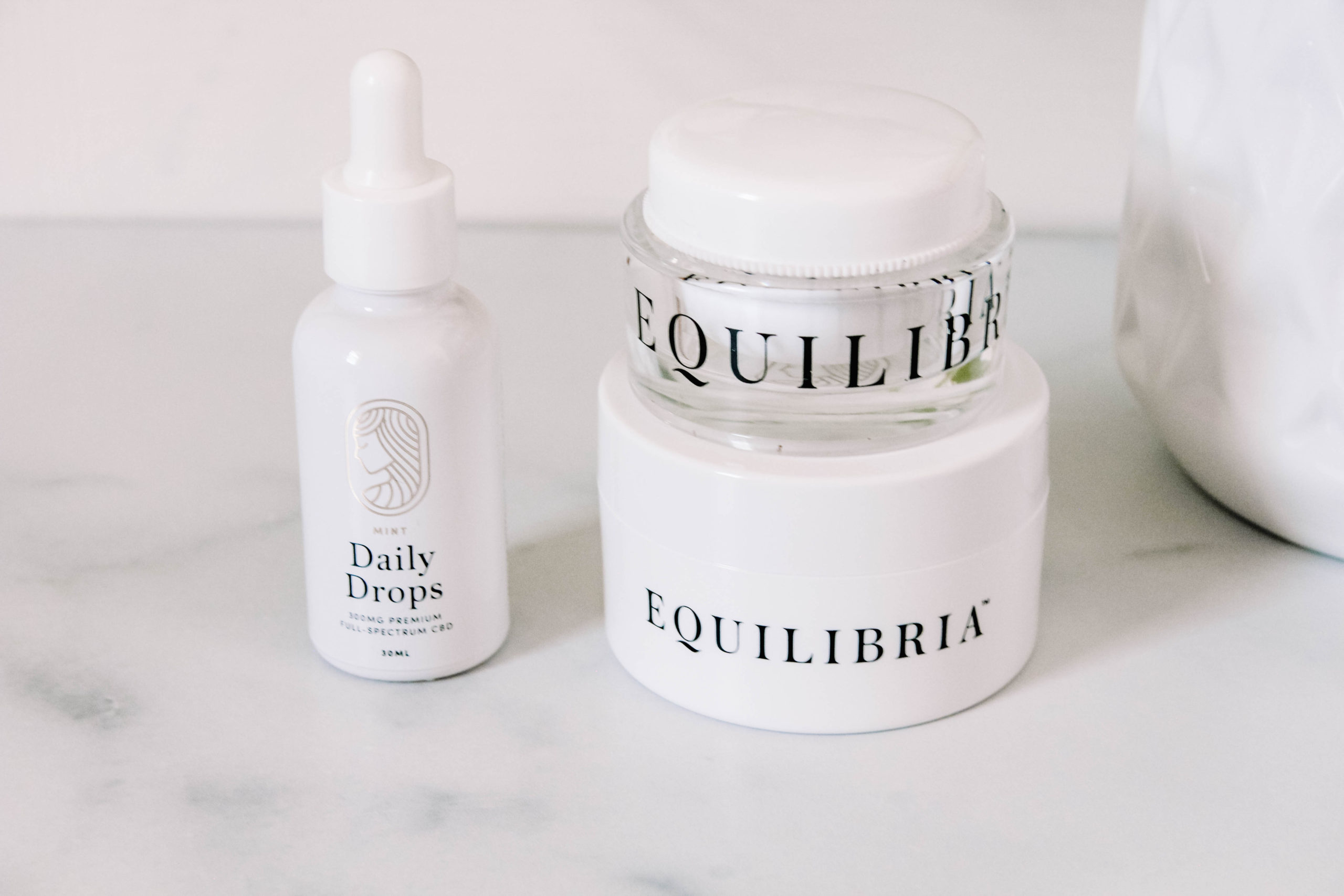
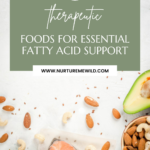
+ view comments